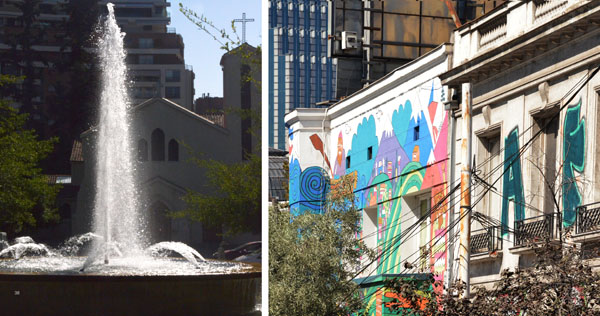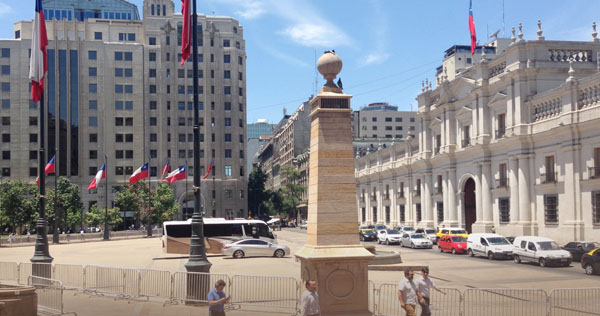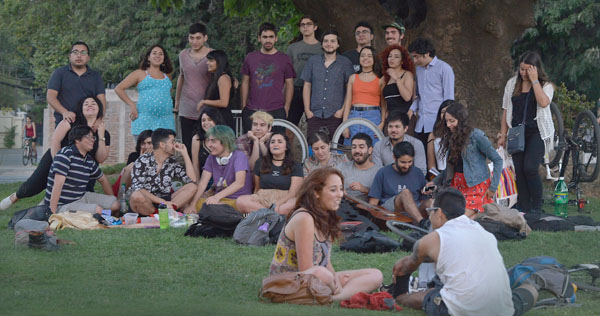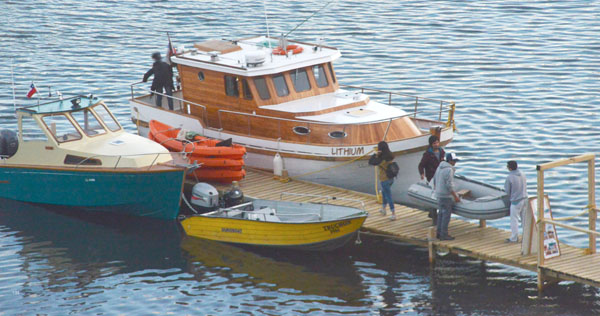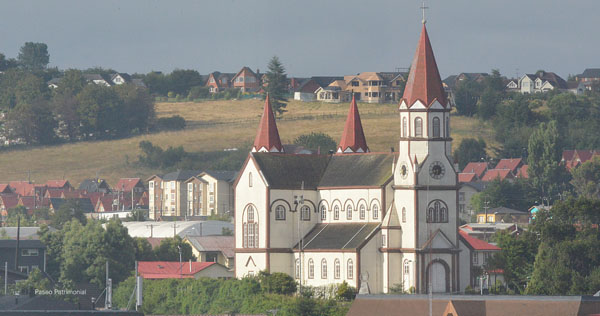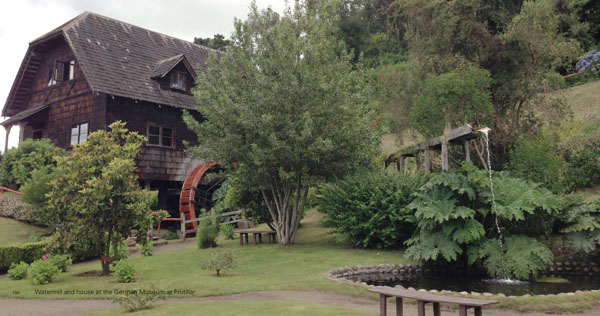Dedicated to my loving wife, Lila

Chile is probably one of the most recognizable countries in the world when looking at an atlas. No country quite has the coastline that stretches virtually along the whole side of a continent, yet constitutes only a slither of the vast continent of South America.
G√ľnther Komnick takes us down the length (there‚Äôs hardly any breadth) of Chile right down to the sub-Antarctic part of this fascinating country with its turbulent recorded history that dates back at least to 1541, the year the city of Santiago was founded and the entrenchment of Spanish rule. However, only in 1818, after a prolonged struggle for independence, initiated by Napoleon‚Äôs brother, Joseph, being made king of Spain in 1810, did Chile become a sovereign state.
In 1848 large numbers of German migrants were encouraged to settle in Araucania, exacerbating tensions with the Mapuche people with whom Chile had been at war for close to 300 years. Significantly, the first epic poem to emerge from the New World was Alonso de Ercilla y Z√Ļ√Īiga‚Äôs
La Araucana, considered Chile’s national epic and depicts the gruelling Spanish conflict with the Araucana, or the Mapuche, as they are known as today.
As in Komnick’s other photographic studies, he shares with us the contrasting aspects of a country and its people, their monuments and their traditions. He generously conveys the urban
frisson of Santiago, Chile’s glittering capital at the foot of the Andes, with its sidewalk cafès and jostling crowds; walks in the parks and their day-to-day ramblings.
He takes his camera down to the breath-taking and haunting Wagnerian landscapes in the deep south of the country where the architectural influence of Alpine Europe is clearly discernible. So too does Komnick’s camera portray the pristine forests and the abundant creativity of artists, sculptors and musicians, images that reveal an image of a people who seem determined to find a harmony in the wake of dictatorship and the various upheavals that have characterized Chile’s long history.
Dr Wilhelm Snyman, Auckland, New Zealand


















